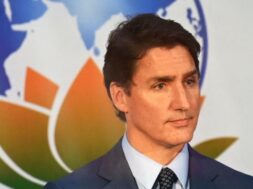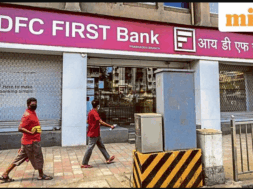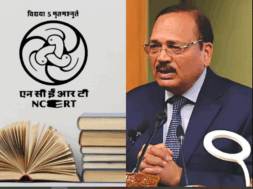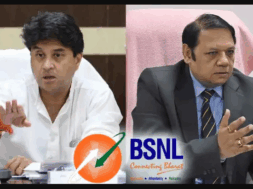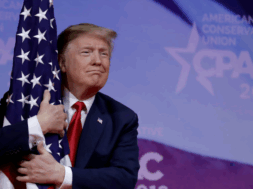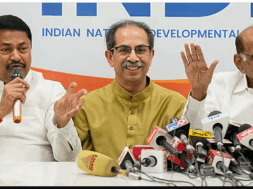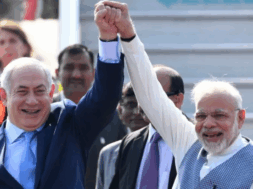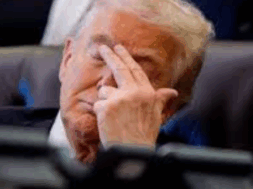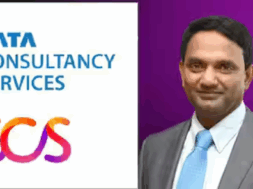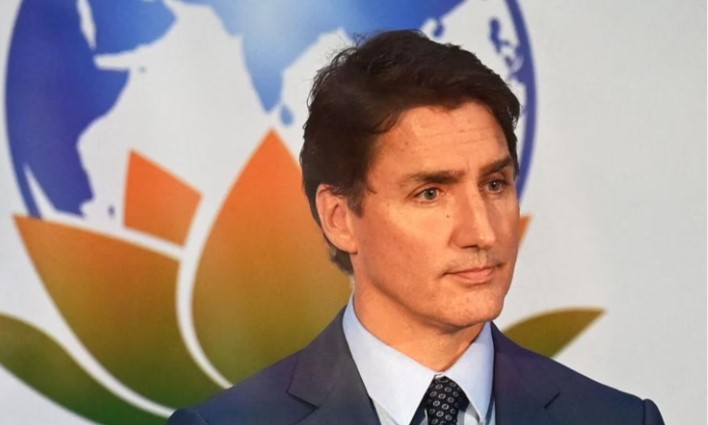
Roving Periscope: “Provide proof”, Oppn grills Trudeau; the US distances from Canada
Virendra Pandit
New Delhi: As the Indo-Canadian bilateral relations nosedive on Ottawa’s ‘pro-Khalistan’ stance, Canada’s Opposition has criticized Prime Minister Justin Trudeau, asking him to “come clean” and provide evidence to substantiate his claims.
But even before his New Delhi visit for the G-20 Summit early this month, his allies had refused to condemn India, the media reported on Wednesday.
The West also seemed concerned at the free hand, and even citizenships, the anti-Indian Khalistani terrorists have been granted in Canada.
Several weeks before Trudeau claimed to have “credible allegations” involving Indian officials in the killing of Sikh separatist leader Hardeep Singh Nijjar, Canada sought public condemnation of the murder from its allies, including the United States, but was met with reluctance, The Washington Post has reported.
This highlights the diplomatic challenges faced by the Joe Biden administration and its allies as they try to navigate relations with India, a crucial player in the region, it said.
While Canada blew hot and cold—it said it did not want to “provoke” India and then also issued an advisory to its citizens to exercise caution while traveling to Jammu and Kashmir and Ladakh–Trudeau’s ‘immature’ handling of a serious issue gave a handle to his Conservative opponents at home.
Even in the past few years, Trudeau has earned unpopularity in India when his acolytes supported the farmers’ agitation in New Delhi, widely believed funded by the Khalistani militants overseas. During his other India visit, he was cold-shouldered.
Opposition leader Pierre Poilievre took a jibe at Trudeau’s claims and advised him to “come clean” with facts for making a judgment.
Addressing the media, he said: “I think the Prime Minister needs to come clean with all the facts. We need to know all the evidence possible so that Canadians can make judgments on that.
“The Prime Minister hasn’t provided any facts. He only gave a statement. And I will just emphasize that he didn’t tell me anymore in private than he told Canadians in public. So, we want to see more information,” the media reported.
The allegations could be found untrue or uncredible if more information is not provided. “We need to have the evidence that drew that allowed the Prime Minister to come to the conclusions he made yesterday,” Poilievre said.
Some pro-Khalistani separatists had tried to disturb the G-20 Summit in New Delhi. PM Trudeau also got a frosty welcome in New Delhi and, according to reports, he was denied a bilateral meeting with PM Modi. On the event’s sidelines, however, PM Modi took up with Trudeau the Khalistani issue but the Canadian PM when he returned home, claimed he raised this matter with PM Modi.
The alleged June 18 assassination of Nijjar, an Indian terrorist-turned-Canadian citizen, led to behind-the-scenes discussions among senior officials from the “Five Eyes” countries in the weeks leading up to the Group of 20 Summit in New Delhi on September 9 and 10.
However, no one made any public mention of this brewing crisis before the Summit, which was seen as an important event for PM Modi, The Washington Post said.
Prime Minister Trudeau’s Monday claims of “credible allegations” triggered a rupture in bilateral relations with India as both countries expelled each other’s senior diplomats.
New Delhi on Tuesday promptly rejected Canada’s claims of Indian agents’ involvement in the killing of Nijjar, the Khalistan Tiger Force chief and a designated “terrorist” who carried an Rs. 10 lakh reward on his head.
Retaliating to the Trudeau government expelling an unnamed Indian diplomat, New Delhi summoned Canadian High Commissioner Cameron MacKay to the Ministry of External Affairs (MEA) and, in a tit-for-tat, ordered the expulsion of a Canadian diplomat within five days on charges of espionage in India.
While Trudeau emphasized that Canada was not looking to provoke or escalate the situation, India rejected its accusation as “absurd and motivated,” shifting the focus to Khalistani terrorists and extremists sheltered in Canada, The Washington Post reported.
In a statement on Tuesday, the MEA said, “We have seen and rejected the statement of the Canadian Prime Minister in their Parliament, as also the statement by their Foreign Minister. Allegations of the Government of India’s involvement in any act of violence in Canada are absurd and motivated.”
Nijjar had been designated a terrorist by security agencies in 2020 and was accused of supporting attacks in Punjab, the report noted, adding that India sought his extradition in 2022 and linked him to the killing of a Hindu priest in Punjab that same year.
According to the report, India had been pressuring countries like Canada, Australia, Britain, and the United States, which have significant Sikh communities, to crack down on the pro-Khalistani extremists. In recent months, pro-Khalistan protests have taken place in London and San Francisco.
Canada’s Foreign Minister Melanie Joly stated that Trudeau had raised the allegations with President Biden and British Prime Minister Rishi Sunak, with the topic expected to be discussed at the UN General Assembly.
In response, Washington expressed deep concern and emphasized the importance of Canada’s investigation and bringing the perpetrators to justice. Australia also raised the issue with India at senior levels.
